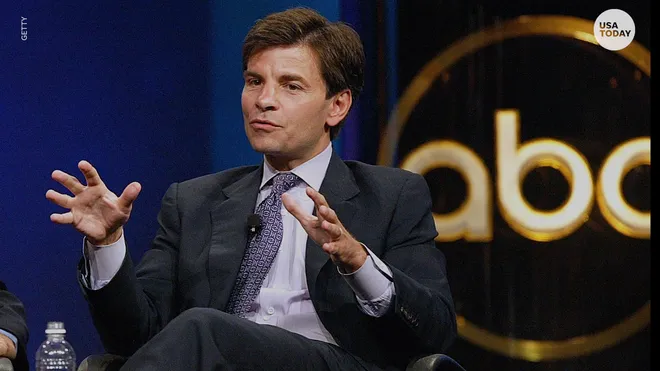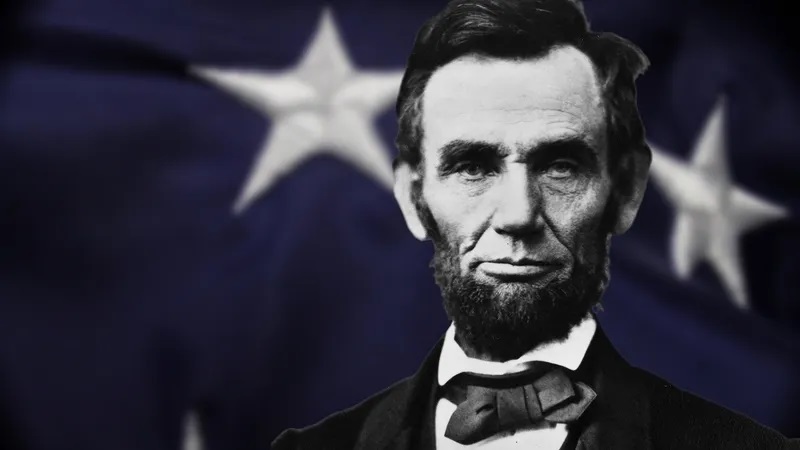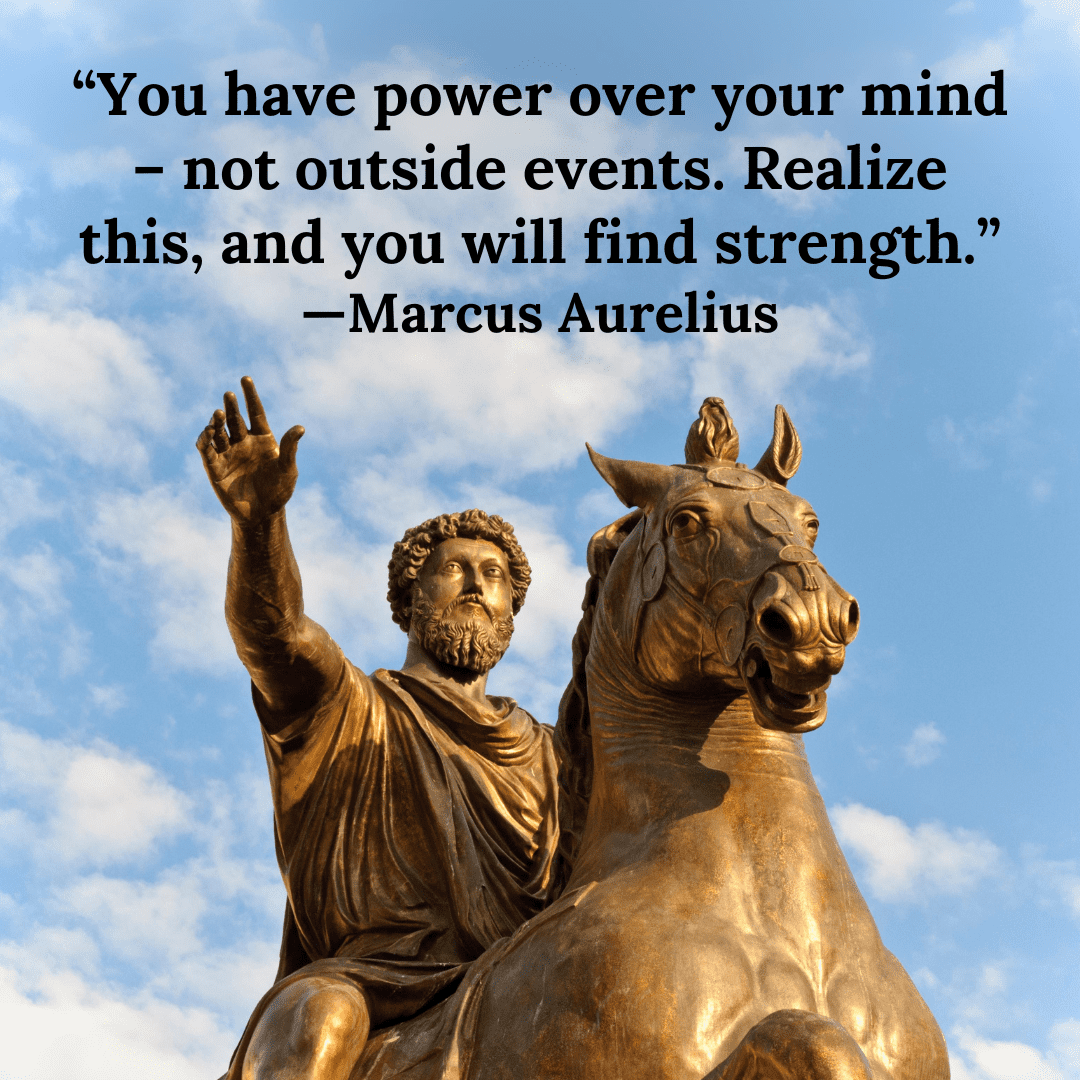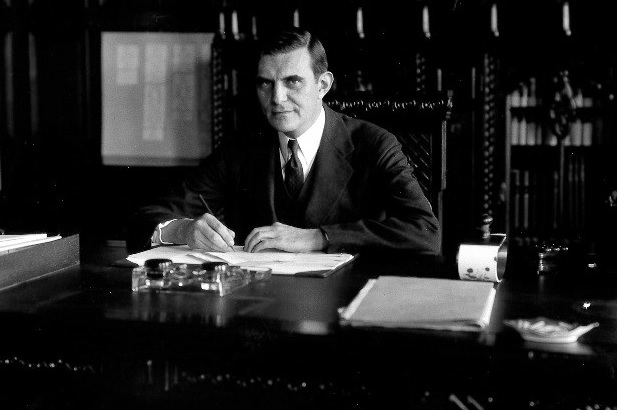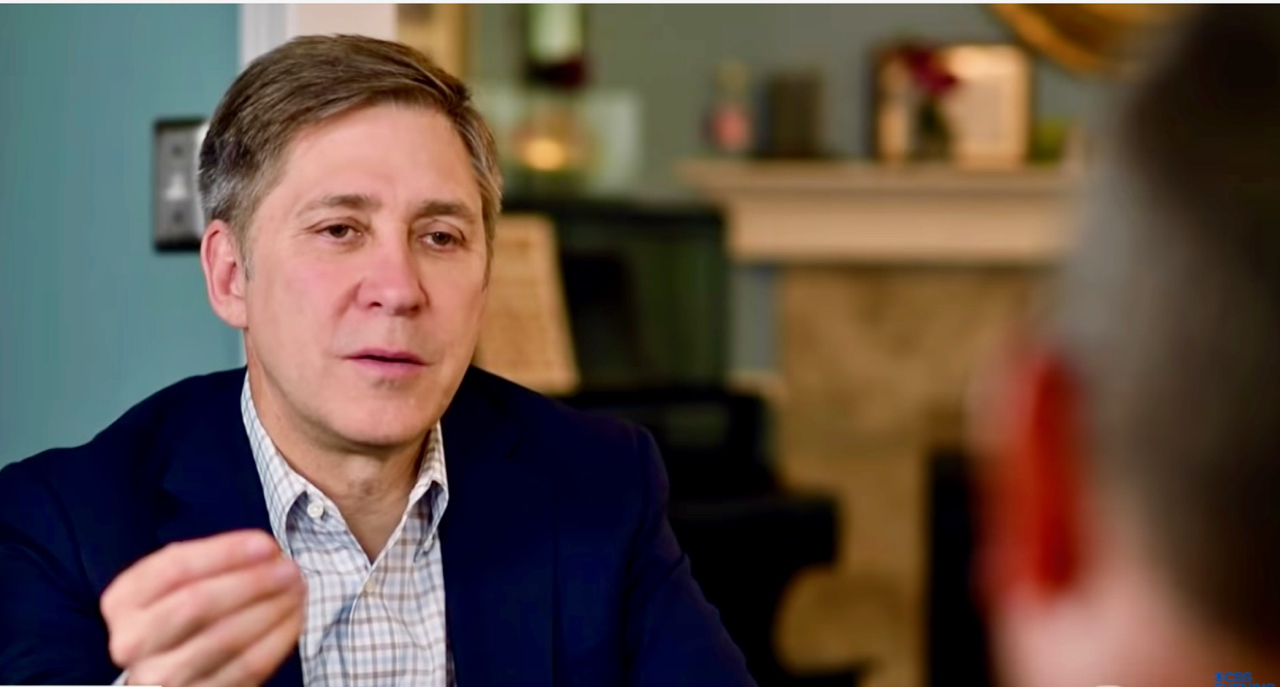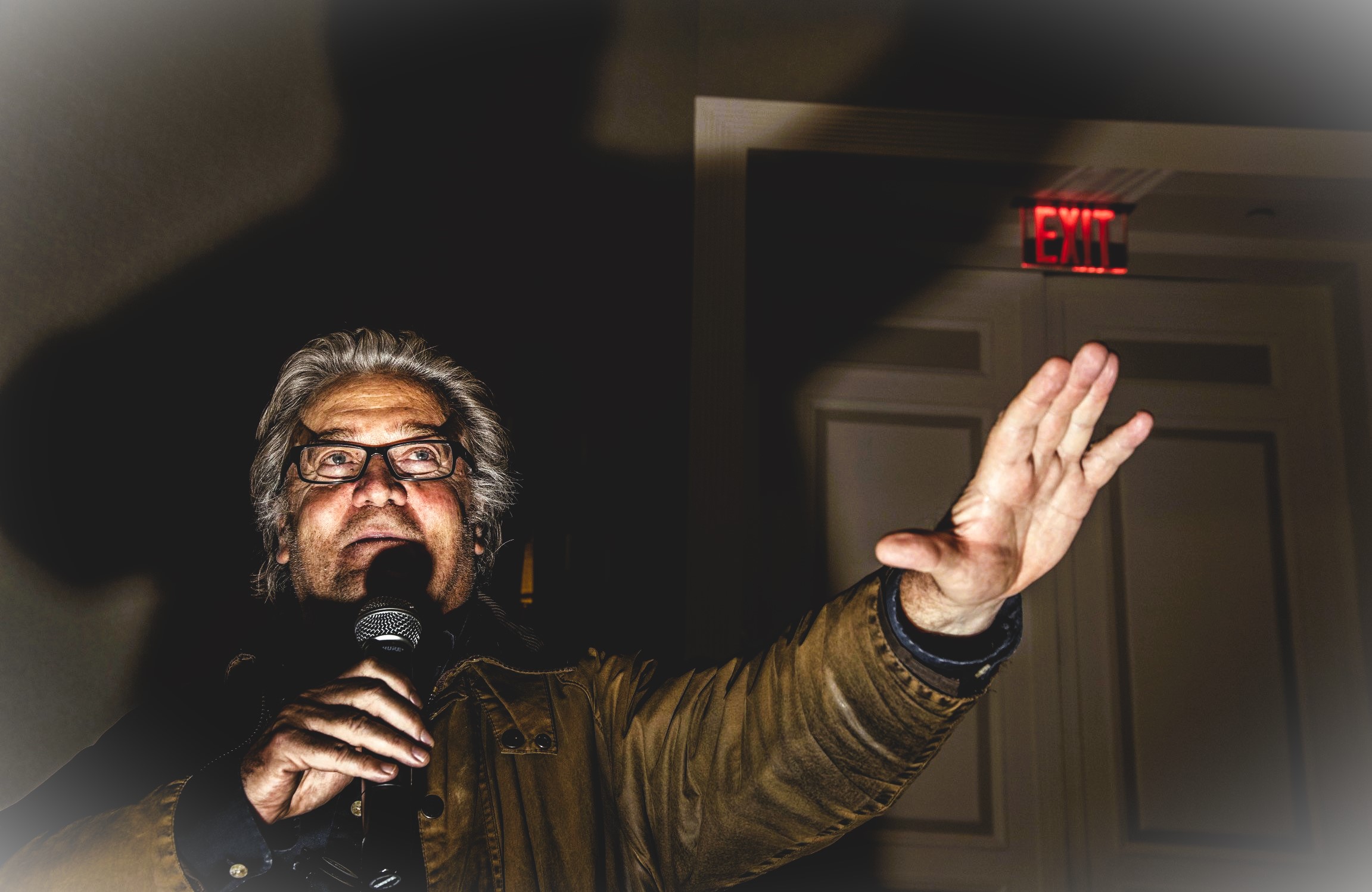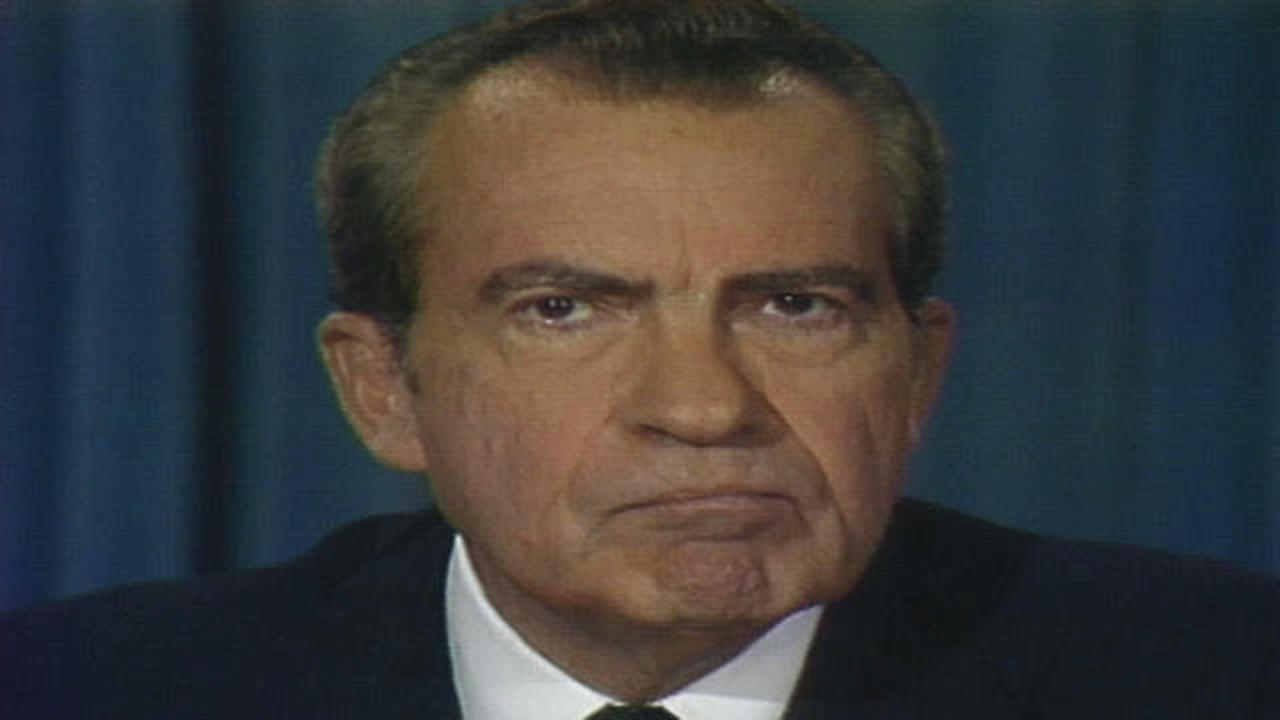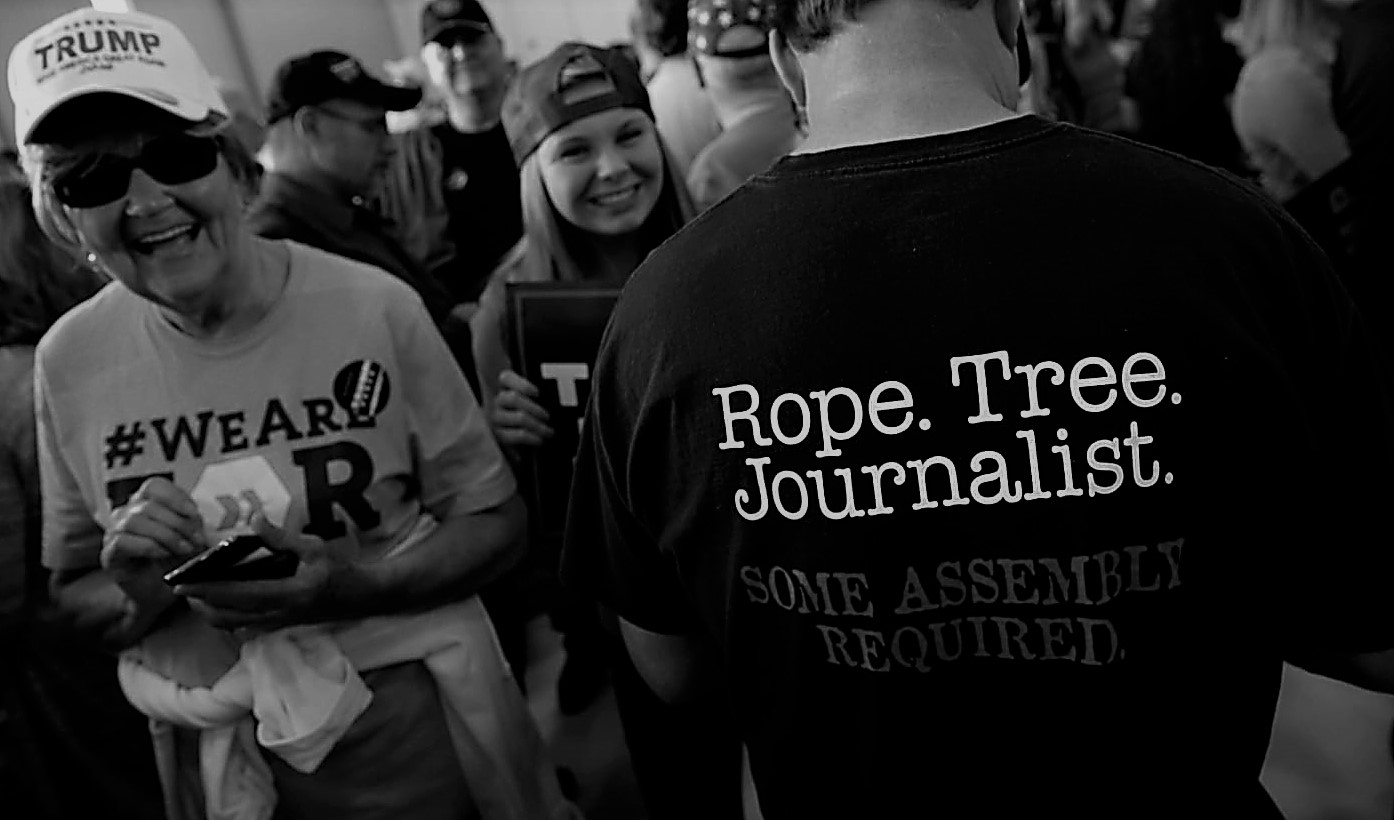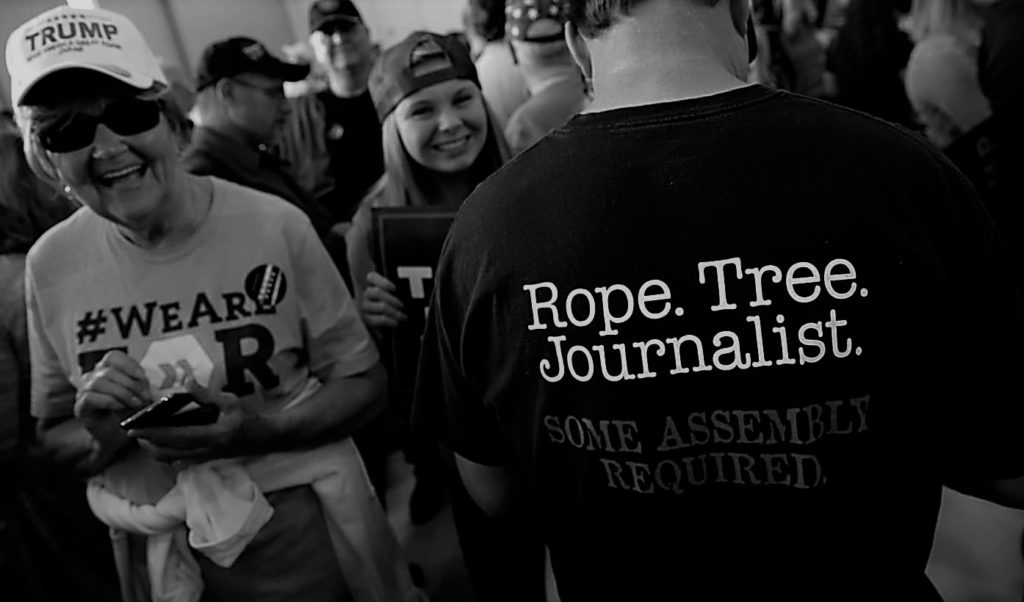
Approximately 20 minutes into a one-on-one conversation with PBS NewsHour anchor Judy Woodruff last month, CBS 60 Minutes correspondent Lesley Stahl revealed something that Donald Trump told her in a pre-interview conversation.
“At one point,” Stahl said, “he started to attack the press, and I said, ‘You know, that is getting tired. Why are you doing this? … You’ve won the nomination. Why do you keep hammering at this? And he said, ‘You know why I do it? I do it to discredit you all, and demean you all so when you write negative stories about me, no one will believe you.’ ”
No sooner had Trump returned from his summit with North Korea’s Kim Jung-un, then he renewed his attacks on the media:
“Our Country’s biggest enemy is the Fake News…”
Trump’s discrediting strategy is having its effect.
In an April 26 survey of 1,193 voters nationwide by Quinnipiac University, when asked, “Who do you trust more to tell you the truth about important issues: President Trump or the news media?” 53 percent trust the media compared to 37 percent who trust President Trump.
Nearly 40 percent trust Trump more than the news media. For a man with the worst record of misstatements and lies, that is shocking. It’s also another indicator as to how divided the country has become where it’s less about facts and more about who you support.
“Which comes closer to your point of view: the news media is the enemy of the people, or the news media is an important part of democracy?” another question asked.
While 66 percent of those surveyed believe the news media is an important part of democracy, 22 percent, nearly a quarter, believe that “the news media is the enemy of the people.” Not just wrong, but “the enemy of the people.” That’s alarming.
When did the news media begin to lose their credibility?
It was the news media the blew the whistle on the Vietnam War when The New York Times broke the story on The Pentagon Papers – documents that proved the President Lyndon Johnson had not only lied to the American public but Congress as well.
Reflecting on his experience after Vietnam, Karl Marlantes writes, “Vietnam changed the way we looked at politics. We became inured to our leaders lying in the war…
“We have switched from naïveté to cynicism,” Marlantes observes. “One could argue that they are opposites, but I think not. With naïveté you risk disillusionment, which is what happened to me and many of my generation. Cynicism, however, stops you before you start. It alienates us from ‘the government,’ a phrase that today connotes bureaucratic quagmire. It threatens democracy, because it destroys the power of the people to even want to make change.”
Trump didn’t create this cynicism, he exploited it. And now, a regular part of his fury is aimed at tearing down Americans’ trust in the news media.
Trump’s base – those who unequivocally support him – are unmoved despite a mountain of misinformation and lies that he unleashes daily.
“ ‘It bothers me that he doesn’t tell the truth,” Julie Knight, 63, told The New York Times in a story (June 23), “but I guess I kind of expect that, and I expect that from the media, too — not to always tell the truth or to slant it one way,’ ”
“ ‘It makes me angry at them, which causes me to want to defend him to them more,’ Gina Anders said.” …
“ ‘He’s not a perfect guy; he does some stupid stuff,” said Tony Schrantz, 50, of Lino Lakes, Minn., ‘But when they’re hounding him all the time it just gets old.’ ”
The result, even though Trump supporters have misgivings about his language and actions, they are willing to suspend their judgment to the point of defending him, because they distrust the news media – thousands of journalists, editors and photographers – more than Trump; organizations whose job it is to not only hold politicians accountable, but have a track record of exposing the lies and deceptions behind Sen. Joseph McCarthy, the Vietnam War, the My Lai massacre and cover-up, Watergate, big tobacco, and the Volkswagen scandal, to name but a few.
Writing about totalitarianism, American historian and philosopher Hannah Arendt observes, “The trouble with lying and deceiving is that their efficiency depends entirely upon a clear notion of the truth that the liar and deceiver wishes to hide.”
Arendt correctly predicted a self-styled leader like Trump when she wrote, “The chief qualification of a mass leader has become unending infallibility; he can never admit an error.”
To believe that all Republicans buy the snake oil Trump is selling about “witch hunts,” and “fake news” supporters need only look at Robert Mueller leading the investigation into the connection between Trump and Russia is a Republican, as is the man who appointed him, Rod Rosenstein, as is Attorney General Jeff Sessions, as is FBI Director Christopher Wray. The last three appointed by Trump.
All these men, along with many more men and women work in service to evidence-based information without which we are lost as a country and an ideal of justice.
“So sad that the Department of ‘Justice’ and the FBI are slow walking, or even not giving, the unredacted documents requested by Congress. An embarrassment to our country!” — Donald J. Trump, April 2, 2018
This is the same president who just yesterday tweeted:
“…Our system is a mockery to good immigration policy and Law and Order.” — Donald J. Trump, June 24, 2018
When it works to his advantage, Trump is supportive of “Law and Order,” (Is that the TV show or Department of Justice?)
To say that all Trump appointees, the Department of Justice, the FBI and the major news media are slanting the evidence or facts, is to bury your head in the sands of cynicism. If supporters are going to do that, then they might want to check into Plato’s (Allegory of the) Cave, where people believe the false shadows on the wall rather than the reality of truth outside.
“Cynicism is a toxic condition,” ethicist Michael Josephson writes, “but the antidote isn’t just hopeful optimism; it’s hard truth.”
While we might not always like the hard truth, without it, democracy will pay a heavy price.
Comments
